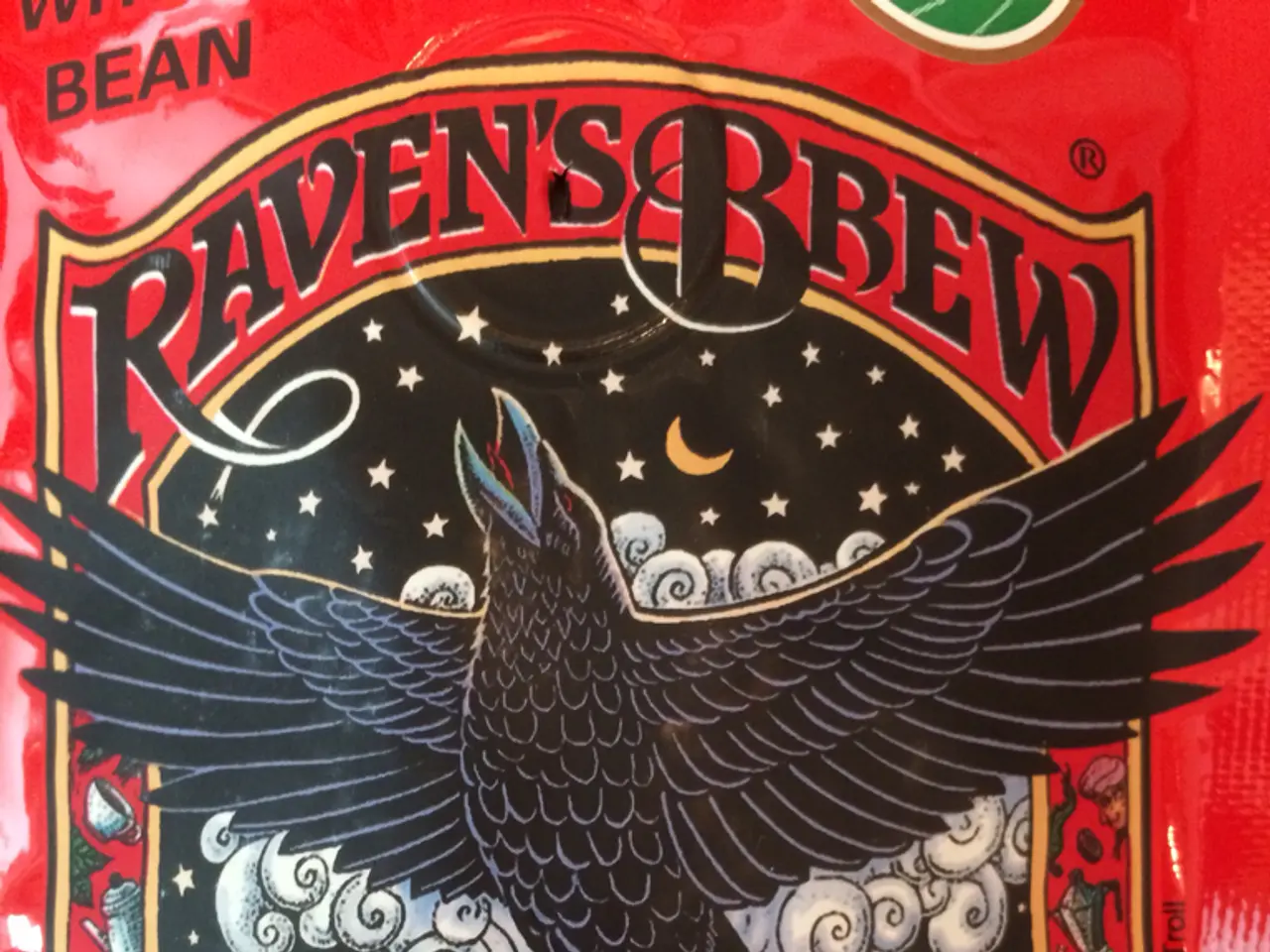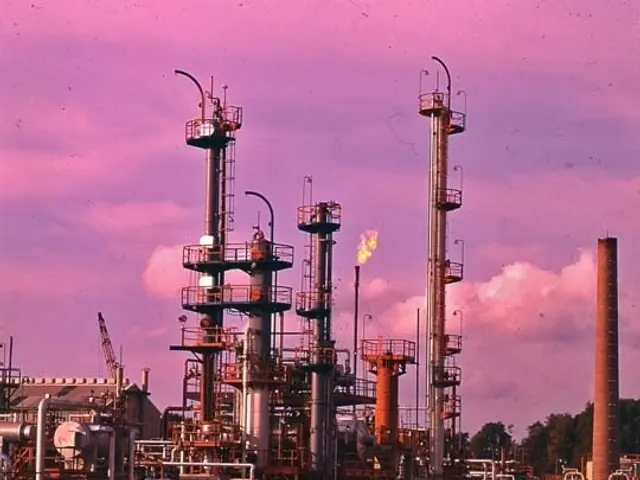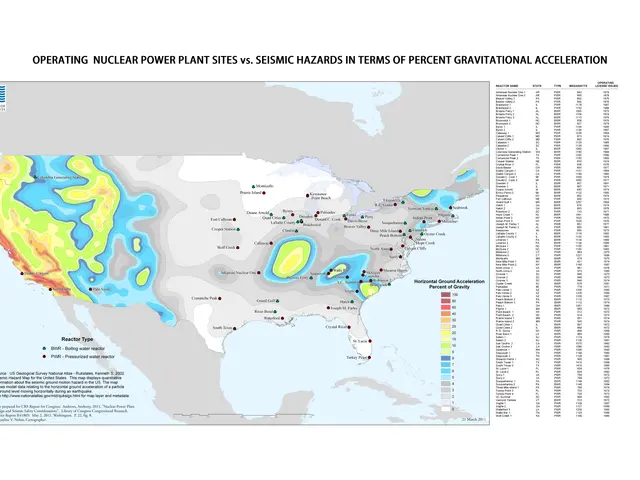Exploring EUDR-Associated HSN Codes: Ensure Your Goods are Included on the Checklist
The European Union's Deforestation Regulation (EUDR) is set to revolutionise the way businesses handle certain raw materials and products linked to deforestation. This regulation affects companies that place on the EU market or export goods such as soy, cattle, palm oil, wood, cocoa, coffee, rubber, and their derived products.
To comply with the EUDR, it's crucial to classify products correctly using Harmonised System Nomenclature (HSN) codes. These codes are now an integral part of customs declarations, directly tied to the Due Diligence Statement (DDS). Each commodity has a specific HSN code: Coffee Beans (HS 0901), Raw Cocoa (HS 1801), Natural Rubber (HS 4001), among others.
Embedding HSN codes in every documentation stage, including the procurement contract, invoice, packing list, DDS, and customs declaration, is essential. Failure to provide correct or missing HSN codes could result in shipment delays or rejections, potentially causing costly disruptions.
Fortunately, automating the linkage between HSN codes and EUDR data can help businesses stay ahead. Our product's EUDR Compliance Platform, for instance, automatically tags commodities with their correct HSN classifications, ensures batch-level HSN tagging, validates traceability against the correct product codes, and generates EUDR-ready documentation aligned with customs expectations.
Moreover, automating HSN tracking with traceability software reduces errors and integrates directly into the EUDR reporting dashboard. Before export, a checklist should be run to ensure the correct HSN, DDS submission, customs documentation alignment, and satellite-verified traceability are in place.
Navigating EUDR-relevant HSN codes is crucial for securing seamless trade, avoiding costly delays, and ensuring products continue to access the EU market. Geolocation data should be linked to the HSN-coded batch to form the core of the EUDR traceability proof.
In conclusion, exporters, traders, and compliance teams need to match HSN codes perfectly to EUDR-relevant products, link geolocation and supply chain traceability data to each product batch, and prepare customs-ready documentation to stay ahead in the face of the approaching EUDR deadline. Prompt DDS filing is also essential to avoid customs-related issues.
Read also:
- Encourage Youth Employment: Addressing South Korea's Job Shortage Issue
- Lawmaker John Doe alleges widespread fraud in the recent election, falsely claiming vote-counting machines were manipulated in favor of the opposing candidate, "Steven Smith"
- Eliminating plastic debris from Korean sports arenas
- Swift evacuation of 50 residents due to intensifying vegetation fire on Maui island, Hawaii.







